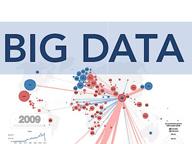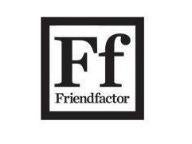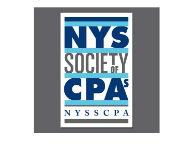Faculty News
—
Professor Nicholas Economides on the difficulty in reaching an agreement between the Greek government and EU leaders
—

Excerpt from BBC -- "It's extremely difficult to reach an agreement today because they [the Greek government and the EU leaders] haven't reached an agreement on lower levels on the technical ground...I think there are two major issues in this agreement. One has to do with balancing the budget and having a bit of surplus. And the other one is balancing the payments to pensions..."
Faculty News
—

Excerpt from BBC -- "It's extremely difficult to reach an agreement today because they [the Greek government and the EU leaders] haven't reached an agreement on lower levels on the technical ground...I think there are two major issues in this agreement. One has to do with balancing the budget and having a bit of surplus. And the other one is balancing the payments to pensions..."




















